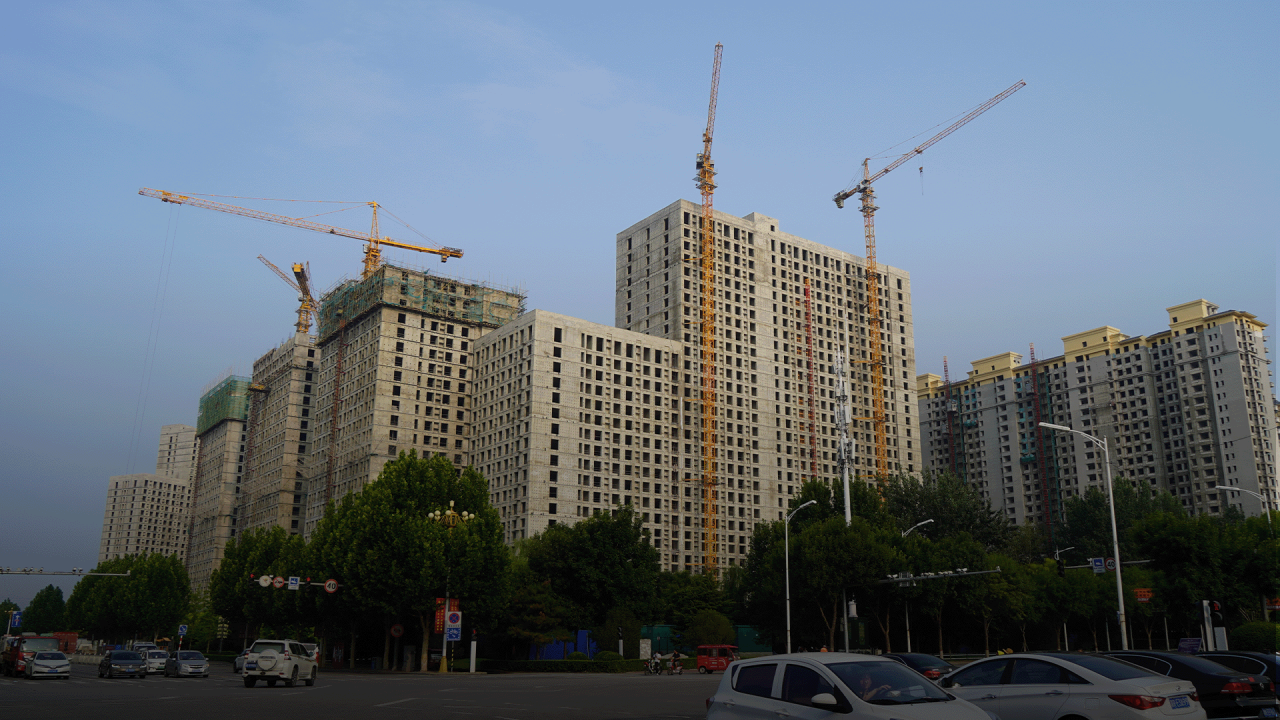
Are credit rating agencies right to be bullish on China’s economy?
- Investors are turning bearish on the Chinese economy, amid expectations that the zero-Covid policy might persist well into next year
- Yet the big three credit rating firms still see reasons for optimism in the middle to long term
The “dynamic zero-Covid” policy, coupled with the government’s determination to rein in the excesses of the property industry, has made it extremely difficult for policymakers to restore confidence in the economy.
Yet, despite the dire predicament facing China’s economy and financial markets, the most important assessors of countries’ creditworthiness remain relatively sanguine. The leading credit rating agencies have kept their sovereign ratings and outlooks for China unchanged for at least the past five years.
Ratings matter, mainly because the big three agencies that issue them – S&P Global Ratings, Moody’s Investors Service and Fitch Ratings – wield great power over markets. A downgrade of a sovereign or corporate borrower’s rating, particularly one that is cut from investment- to speculative-grade or “junk”, can lead to a major outflow of capital, and even trigger a financial crisis.
All three agencies rate China as a solid investment grade with a stable outlook. Indeed, the contrast between the dour mood in markets and the more positive assessment of the agencies is striking.
To be sure, the rating firms draw attention to the policy-induced risks and vulnerabilities in China. Yet, they highlight the country’s “track record of resilient macroeconomic performance”, robust growth prospects, strong external finances and the sheer size of the economy.
The real cause of China’s property bubble
Tellingly, the agencies treat Beijing’s efforts to deleverage the economy and de-risk the financial system – the issues that concern markets the most – as factors that underpin China’s rating and could trigger an upgrade if sustained.
This is not surprising, given that the agencies are focused on the medium to long term, as opposed to what is likely to happen in the coming weeks and months. The question, however, is whether their ratings and assessments are accurate and prescient.
The agencies’ job is not just to inform but, more importantly, to forewarn. The big three firms came in for severe criticism for helping precipitate the 2008 global financial crash by assigning high ratings to mortgage-backed securities that turned out to be toxic. They were also slow to react to the financial fragmentation of the euro zone that nearly tore the bloc apart in 2012.
Since then, there has been a wave of sharp downgrades that exacerbated the steep declines in the bonds and shares of developers, stoking panic in markets and opening agencies up to criticism that their hasty downgrades contributed to the liquidity crisis in the sector.
Still, while the timeliness of rating firms’ actions remains a source of concern the world over, their long-term view helps put the challenges facing China’s economy in perspective. Although Beijing’s deleveraging drive unnerved markets, it is part of a necessary adjustment – reducing the economy’s heavy reliance on demand from investment in property – aimed at preventing a more severe financial crisis in the future.
Moody’s latest rating action, published on August 29, captured the acute tensions in Chinese policymaking. The agency said that while deleveraging was “credit positive in the long term”, its implementation entailed significant “transition risks”.
This is an understatement. Mounting pressure on Beijing to relent and provide more forceful stimulus makes it extremely difficult to cut debt further, particularly given the government’s determination to maintain its zero-Covid policy.
Still, at a time when many investors have lost confidence in China, the rating agencies do not seem unduly concerned. Unlike Beijing’s policy response, the creditworthiness of the world’s second-largest economy is not being called into question.
Nicholas Spiro is a partner at Lauressa Advisory



